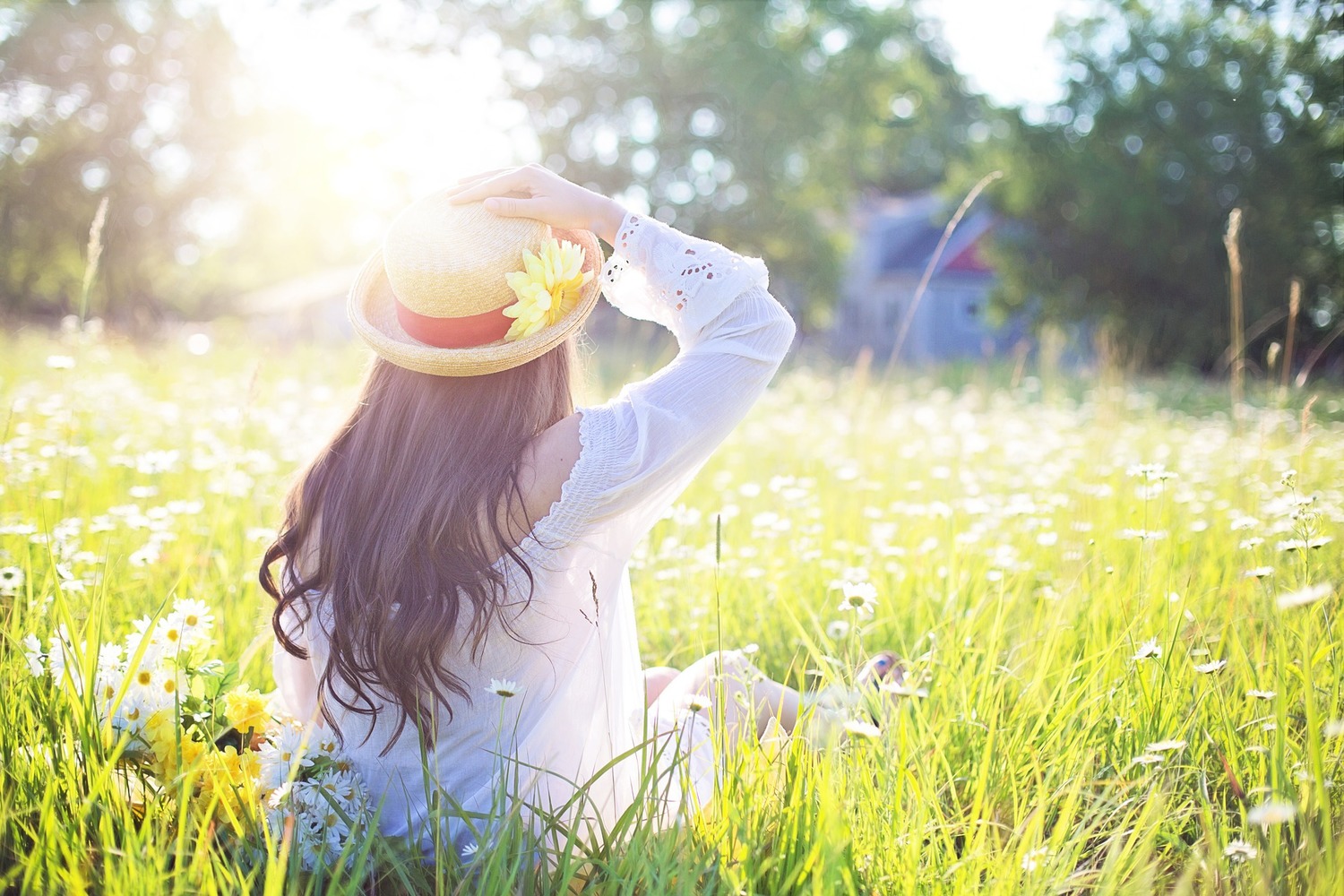What is this Happiness thing anyways?
March 16, 2017 in Mental Health
By: Petra Najafee, Registered Psychotherapist
So often, people sit down in my office and when I ask them what brought them in, they say “I want to be happy.†And my next question is “What does happiness mean for you?†It’s a surprisingly difficult question to answer. We all know what it means to feel happy in the moment. But to be happy? That’s something quite different.
Sometimes people think that to be happy means to feel happy all the time. But that’s not how life works. Life has ups and downs, times of joy, sadness, excitement, stress, peace, and anger. No one feels happy all the time. It’s just not possible. And if we go around chasing this elusive state of perpetual happiness, then we are probably dooming ourselves to unhappiness. Instead, I think of being happy as more akin to contentment. This means accepting that life has ups and downs and learning that we can develop ways to cope with them and move forward through life. After all, how do we experience joy if we’ve never experienced sadness?
There are some things we do know about happiness. For instance, we know a bit about how money affects happiness. Having enough money for food, shelter, knowing that we have enough coming in to cover our family’s needs, means less stress, more happiness. But beyond this, more money does not equate to more happiness.
We know that keeping up with the Joneses isn’t going to bring us happiness. It’s hard to be content with what we have if we are constantly comparing ourselves to other people. There are always going to be people who have more, do more, smile more. And we live in an age when we are constantly bombarded by messages about how happy other people seem to be. Social media tells us just who has just eaten the perfect meal, gone on the perfect vacation, found the perfect partner. How many posts do we see about being stuck at home alone because someone can’t afford a vacation and they don’t have anyone to go with anyway?
On the other hand, social media allows us to connect with people. And we know that cultivating strong relationships is one of the most important things that contribute to happiness. Strong relationships not only make for more contentment, but for improved health and longer life as well. Whether we’re talking about friendships, family relationships, or romantic relationships, it’s important to nurture them and allow them to grow.
Now, sometimes it feels really difficult to get past those bumps in the road, or to appreciate what we have instead of focusing on what we don’t have. And sometimes we struggle in our relationships because as important as they are, they also require some hard work. And it’s okay to ask for help when we find ourselves struggling with those things. None of us is going to be happy all the time. But I believe that if we live our lives according to our values, and remember what is truly important to us, we can all find a way to live a life of contentment.



